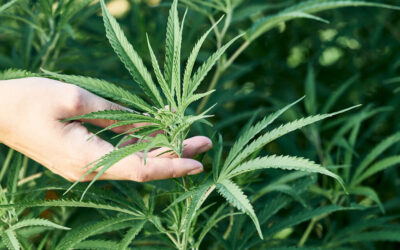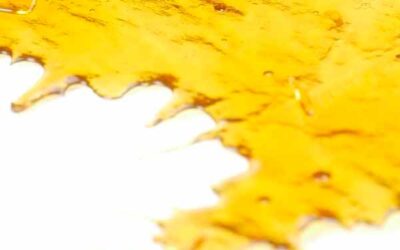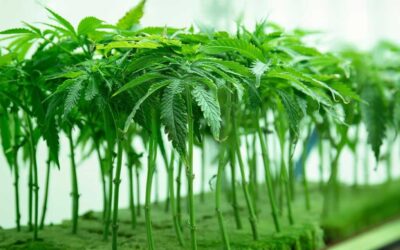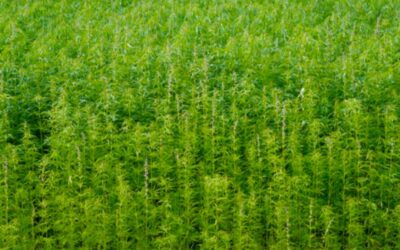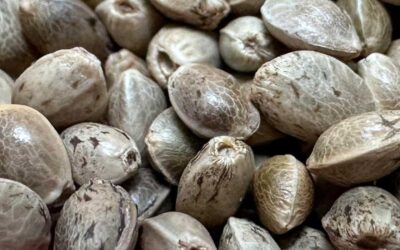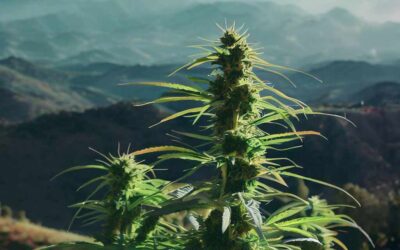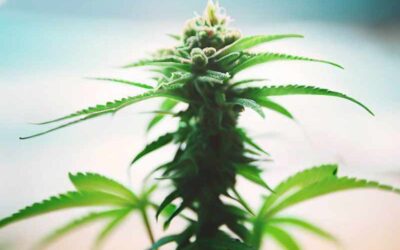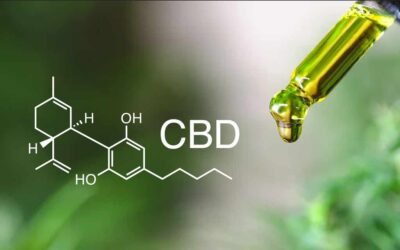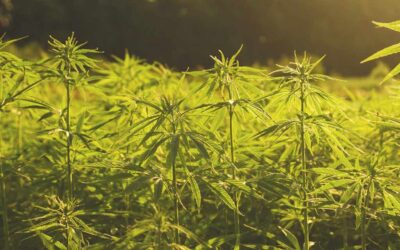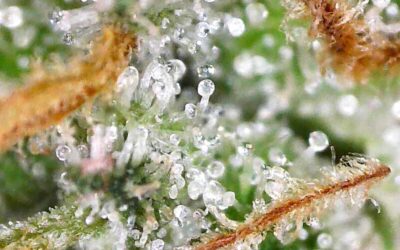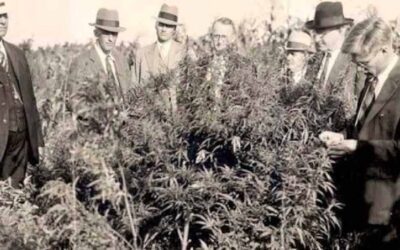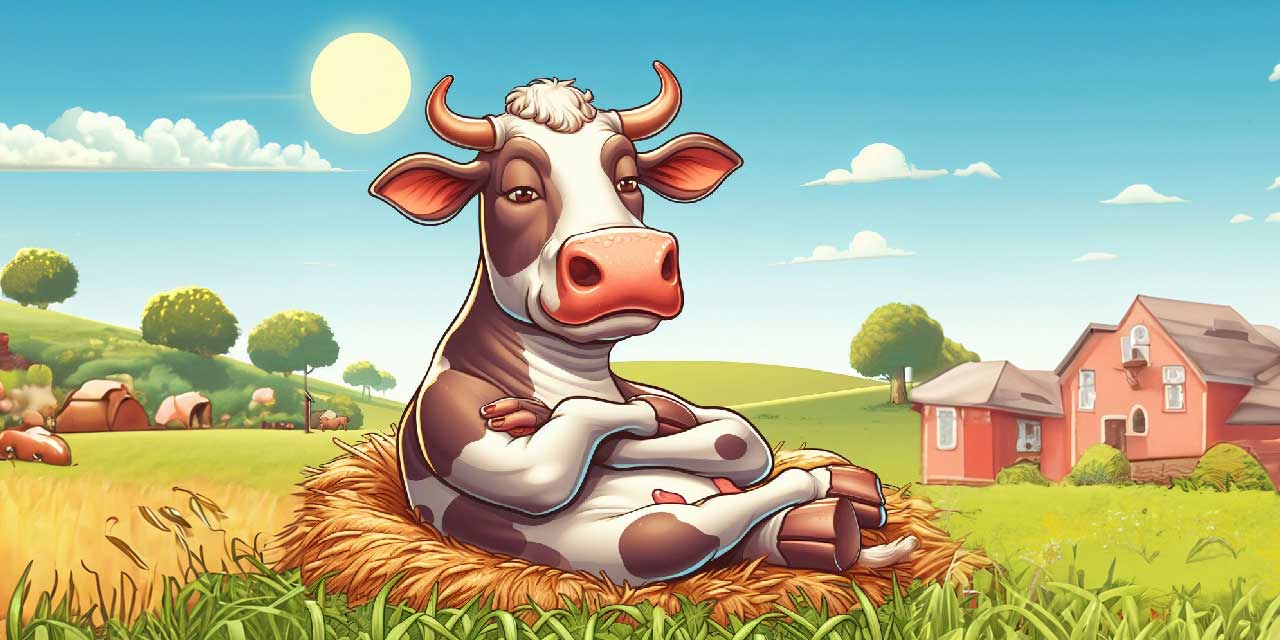
Hemp in Animal Agriculture
Nurturing Health and Sustainability
In the realm of agriculture, an unassuming plant is quietly making waves—hemp. While it has garnered attention for its versatile uses in textiles, paper, and personal care products, hemp’s role in animal agriculture is an emerging frontier that holds significant promise for farmers and the well-being of their livestock. In this blog post, we’ll explore the ways hemp is making strides in animal agriculture, improving animal health, and contributing to a more sustainable farming future.
The Nutritional Powerhouse: Hemp Seed
Hemp seeds, often referred to as hemp hearts, are a nutritional powerhouse that has found a place in the diets of various farm animals. These tiny seeds are packed with essential nutrients, making them a valuable addition to livestock feed.
One of the standout features of hemp seeds is their exceptional protein content. They contain all nine essential amino acids, making them a complete protein source. This is especially crucial for animals like poultry, swine, and cattle, which require a balanced diet to grow healthily and produce high-quality meat, eggs, and dairy.
In addition to protein, hemp seeds are rich in vitamins, minerals, and healthy fats. They provide an ideal balance of omega-3 to omega-6 fatty acids, promoting better heart health and reducing inflammation in animals. Hemp seeds are also a good source of dietary fibre, aiding in digestion and overall gut health.

Balancing Omega Fatty Acids
Modern animal agriculture often results in an imbalance of omega-3 and omega-6 fatty acids in animal diets, leading to various health issues. Hemp helps correct this imbalance by offering a nearly perfect 3:1 ratio of omega-6 to omega-3 fatty acids. This balance supports animal health by reducing inflammation, improving cardiovascular function, and enhancing cognitive health.
Improving Digestive Health
The fibre content in hemp seeds contributes to improved digestive health in animals. It promotes regular bowel movements, reduces the risk of digestive disorders, and fosters a healthy gut microbiome by encouraging the growth of beneficial gut bacteria.
Stress Management and Anxiety Relief
The benefits of hemp in animal agriculture extend beyond nutrition. Hemp-derived products, such as CBD (cannabidiol), are gaining recognition for their potential to alleviate stress and anxiety in animals. Farm animals and pets alike can experience stress due to various factors, including transportation, changes in environment, or social isolation. CBD has shown promise in calming animals’ nervous systems, helping them manage stress more effectively.
Natural Pain Relief and Anti-Inflammatory Effects
Animals, especially older ones, frequently suffer from aches, pains, and inflammatory conditions. Hemp-derived CBD offers a natural and effective solution for pain management and inflammation. It can be beneficial for conditions such as arthritis, joint pain, and injuries, enhancing the quality of life for ageing or injured animals.
Supporting Immune Health
Hemp seeds contain essential vitamins and minerals, including vitamin E, zinc, and iron, which are vital for bolstering the immune systems of animals. A robust immune system helps prevent and combat diseases, making hemp a valuable asset in animal nutrition.

Legal Considerations and Safety
While the potential of hemp in animal agriculture is undeniable, it’s essential to be aware of regional regulations governing its use. Farmers should ensure that the hemp products they use comply with local laws and meet safety standards. Consulting with veterinarians and seeking out reputable suppliers can help guarantee the well-being of animals.
Hemp’s Growing Role in Animal Agriculture
Hemp’s ascent in animal agriculture is a testament to its versatility and potential to benefit both livestock and pets. Its exceptional nutritional profile, stress-reducing properties, pain management potential, and immune-boosting qualities make it a valuable resource for farmers and pet owners.
As the demand for sustainable and natural solutions in animal agriculture continues to grow, hemp is poised to play an increasingly vital role. With responsible use, adherence to regulations, and consideration of individual animal needs, hemp can contribute to a healthier and more sustainable future in animal agriculture.
In the years to come, we can anticipate further research and innovation in this domain, unlocking even more of hemp’s potential to enhance the lives of the animals that share our world. By embracing hemp in animal agriculture, we take a significant step toward nurturing healthier, happier animals and building a more sustainable farming ecosystem.


